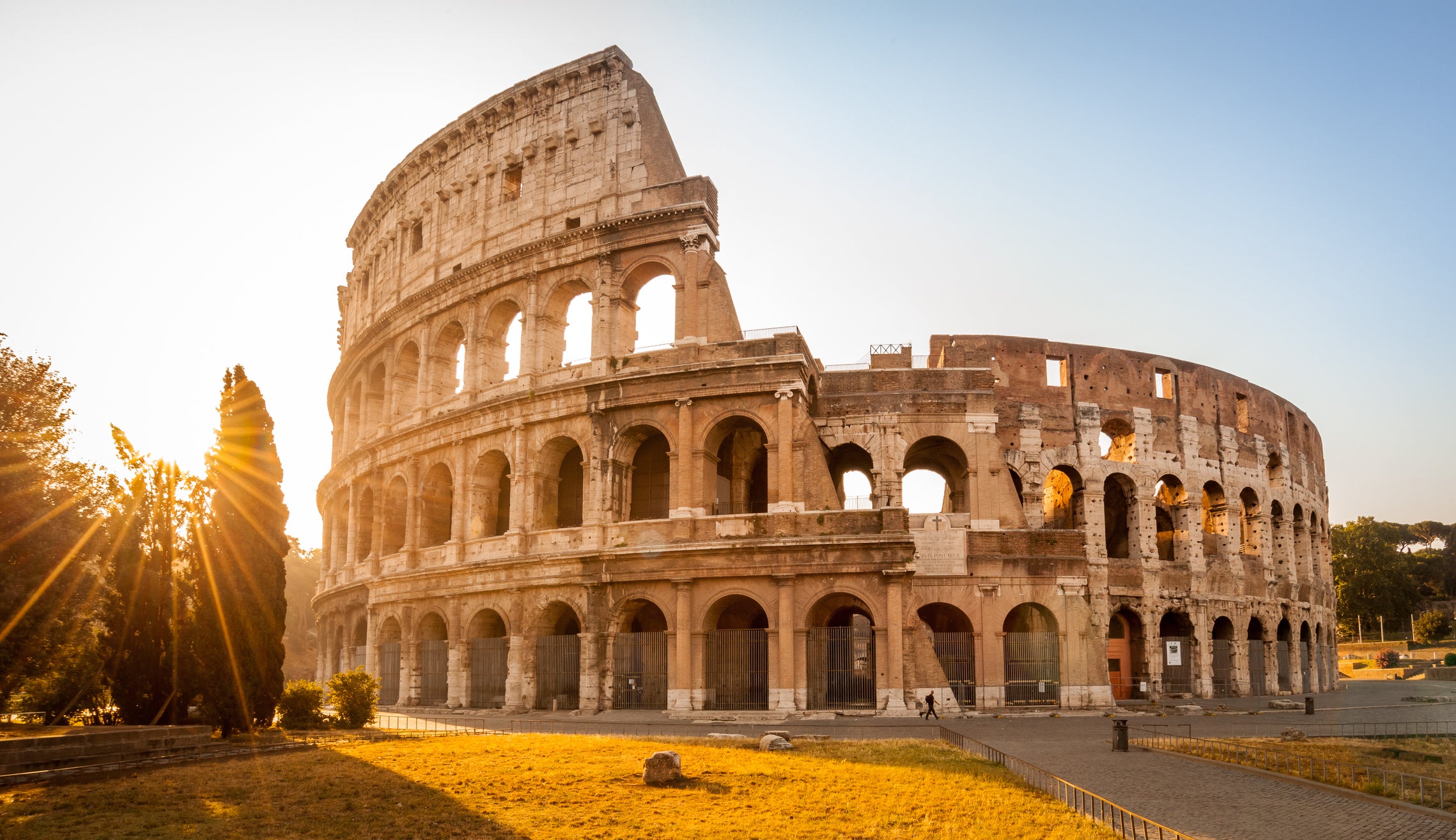
Italy's competition authority has fined six ticketing agencies a total of €20 million for making it difficult for visitors to buy standard entry tickets to the Colosseum online.
The largest fine, €7 million, was levied against the Cooperative Culture Society, which managed ticket sales for the ancient amphitheatre from 1997 to 2024.
The authority, known as AGCM, stated that the society employed practices that forced tourists to purchase significantly more expensive tickets from platforms that bundled in extra services like guided tours or priority access.
Six tour operators based in Italy, Germany, the Netherlands and Ireland were also fined for using bots and other automated systems to buy up large quantities of tickets, making them unavailable for individual tourists.
The authority did not list the mark-ups, but the Archaeological Park of the Colosseum which is operated by the Italian Culture Ministry, lists the price for access to the ancient Roman arena at €18 for adults. For that price, visitors may spend 20 minutes on the Colosseum’s main floor.

The Colosseum director declined to comment on the fines, his office said.
It said the Colosseum was Italy's most-visited monument in 2023, with over 12.3 million visitors.
It comes as destinations the world-over crack down on overtourism and its associated problems.
Post the Covid pandemic, the influx of millions of visitors to tourist-strewn towns has, in some cases, risen to levels above those seen in 2019. Too much tourism threatens to disrupt residents and natural ecosystems and contribute to transport pollution.
Unesco has warned of potential damage to protected areas, and Fodor’s “No Travel List” recommended reconsidering a visit to “suffering cultural hotspots” with overstretched infrastructure, such as “plastic apocalypse” Bali, Barcelona and Koh Samui, Thailand, in 2025.
Italy’s hardened approach to tackling the issue is leading the charge against overtourism in peak season, and countries looking to maintain tradition and encourage sustainability through redirection to low-impact tourism have followed suit.







